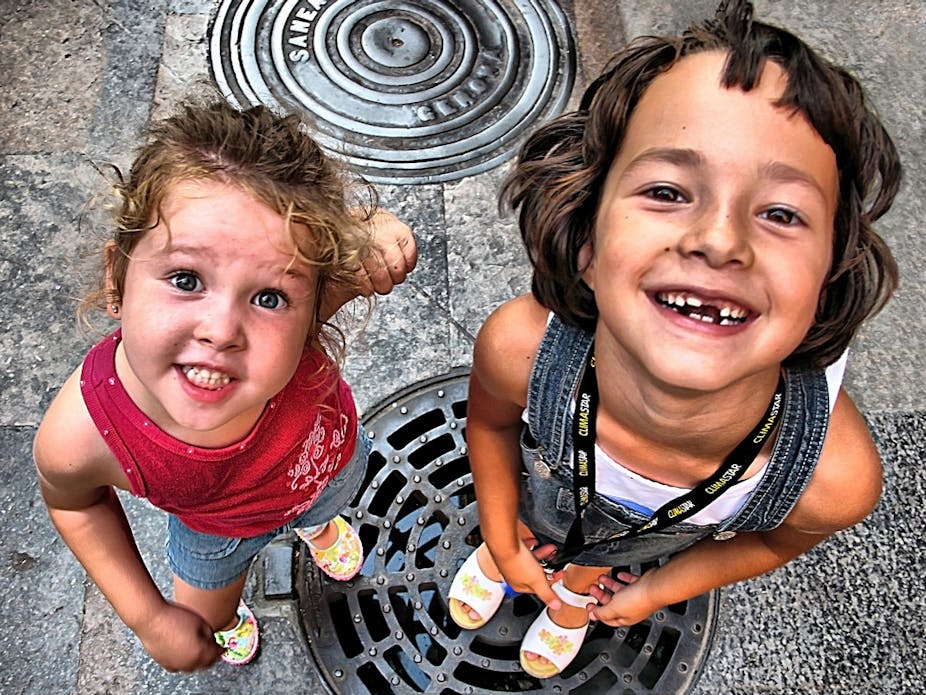Be happy for the good of your country. Happy people save more and consume less because they are concerned with the future rather than today. Their savings will be transferred into investment which is a major determinant of a country’s growth rate. So everyone wins.
Those who are enjoying life are more optimistic and expect to live longer. And they do. A ten percent increase in happiness is related to a four percent decline in mortality. It seems like happiness might lead to fewer road and work accidents, better physical health and mental health.
Happy people give something back
Happier people create more social capital in society in the form of more volunteer work, more trust in others, and increased participation in social and local events.
This is important since social capital has been found to be a major determinant of a country’s wellbeing by increasing growth and cutting crime rates.
The link between happiness and social capital is well established, but we don’t know whether happiness affects social capital or vice-versa.
Studying happiness
In order to shed light on this issue, I used data from the German Socio-economic Panel which has followed around 15,000 people since it was founded in 1984.
In my analysis, I looked at people’s characteristics at the beginning of the survey and asked whether they could predict their social capital outcomes in 2008?
This kind of empirical strategy gives us some idea of causality and can be beneficial for understanding the long-term implications of personal happiness.
Happiness is a lasting legacy
I found that the relationship between happiness and social capital is an inverted U-shape. Basically, this is more than a simple correlation because, based on the German data, people’s happiness affects their social behaviour even twenty years later.
This means that very happy and very unhappy people contribute less to society compared to people with a medium level of happiness.
So why do very happy people do less volunteer work, for instance? Well, they are the ones who are too optimistic about life. We still need conclusive proof, but it’s possible to speculate that they think that “everything will be alright at the end anyway therefore why should I bother working for others?”
So too much happiness might lead to unwanted outcomes in some circumstances. Ensuring everyone in the country is blissfully happy may not be the best outcome for society as a whole. But don’t let that stop you having fun.

